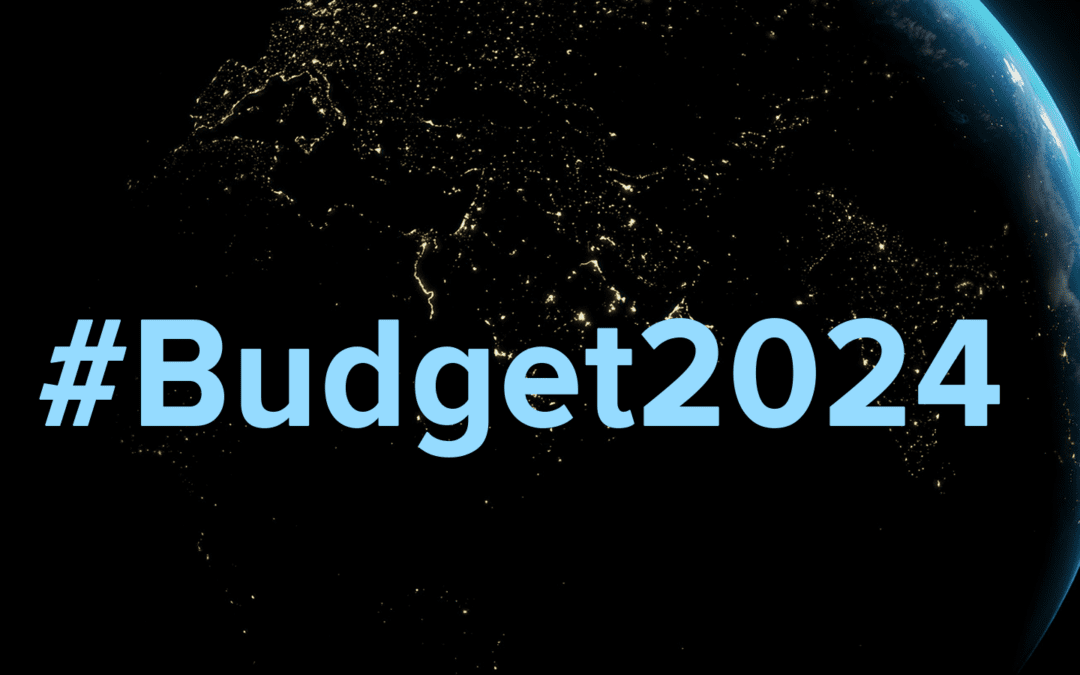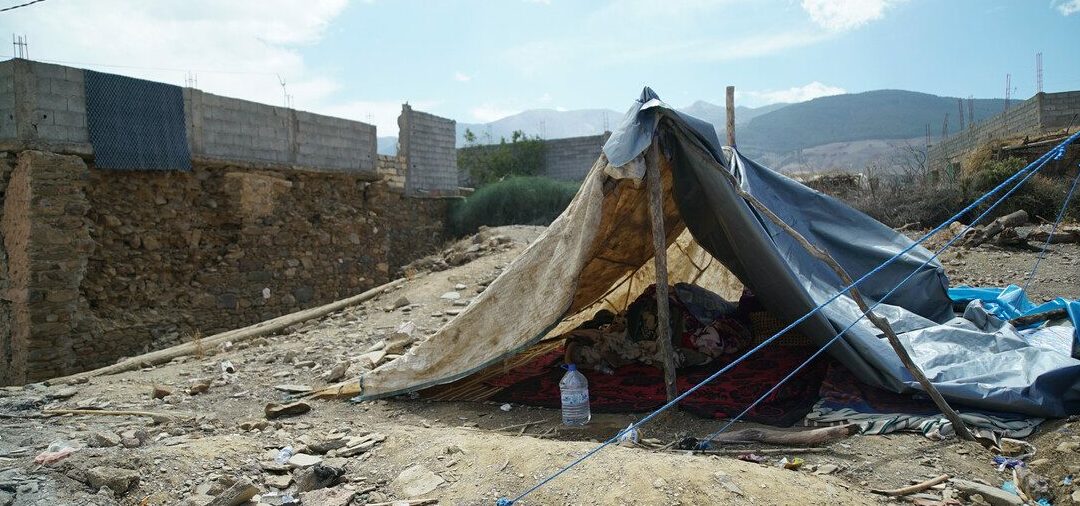We met with CARE Ethiopia program manager Kidist Manaye in Montreal when she was part of a CARE delegation at Adaptation Futures, a global climate conference bringing together experts from government, academia, non-profit and corporate organizations to discuss and exchange solutions to climate change.
What do you do?
I’m a program coordinator at CARE Ethiopia managing two major projects that are funded by USAID (Unites States Agency for International Development) and by DANIDA (Danish International Development Agency).
- Feed the Future Resilience in Pastoral areas (RIPA) in Ethiopia and
- SPA II (Strategy Partnership Agreement) program
What are the projects about?
They focus on building the resilience of local communities, government and the private sector against climate change. Together they are leading to inclusive economic growth and food security for the people who need it most.
When there is buy-in from the whole community, the longevity of results is easier to ensure.
– Kidist Manaye
How do you build that resilience exactly?
I can give you an example of some of our activities. We conduct capacity-building training to increase participants’ skills in specific areas like agriculture. There is also training on *early warning information sharing, natural resources governance and innovation-focused activities. An example of that is clearing Prosopis juliflora trees which are an invasive species for agriculture to use the land for production, but also using the wood from the tree in everyday life.
What do you like most about your work?
It is really great to get to work in complex kinds of programs in terms of nature. There is lots of opportunity to think outside of the box and come up with innovative ideas to overcome different types of challenges.
There is a collective of many implementing partners, like local partners, CARE and DANIDA. This gives me the opportunity to gain problem-solving skills, analytical skills and managing a team. There are always new challenges with many stakeholders.
What is the focus?
At CARE we are a leader of gender-focused work. It doesn’t only mean that we are focusing on women but all vulnerable and marginalized communities to benefit from the program. Meaningfully benefit from the program, like fully participate. In one part of the project, there are 30 per cent of women in leadership positions, mostly in pastoral communities. These pastoral communities are traditionally patriarchal, but now more women are leading in the communities. Pastoral communities move all year round with their stock to find new sources of feed for them.
How does women’s involvement help?
Women are responsible, and curious, and get things done. When their voices are heard their input on decision-making is crucial for change.
Women are beneficial to the whole market system when they engage in businesses and income-generating activities.
*Early warning information sharing means sharing information about weather forecasts and potential weather/climate events ahead of time so people can plan accordingly and prepare to face the change in weather. For early warning systems to be effective, scientific agencies have to work in collaboration with community groups and other representatives/stakeholders to ensure warnings are clear and effective to act quickly to save lives and resources.
CARE’s action against climate change
CARE is one of the world’s largest humanitarian networks. CARE fights against poverty and the effects of climate change, in particular by defending women’s rights. In 2022, we helped 174 million people in more than 100 countries around the world.




